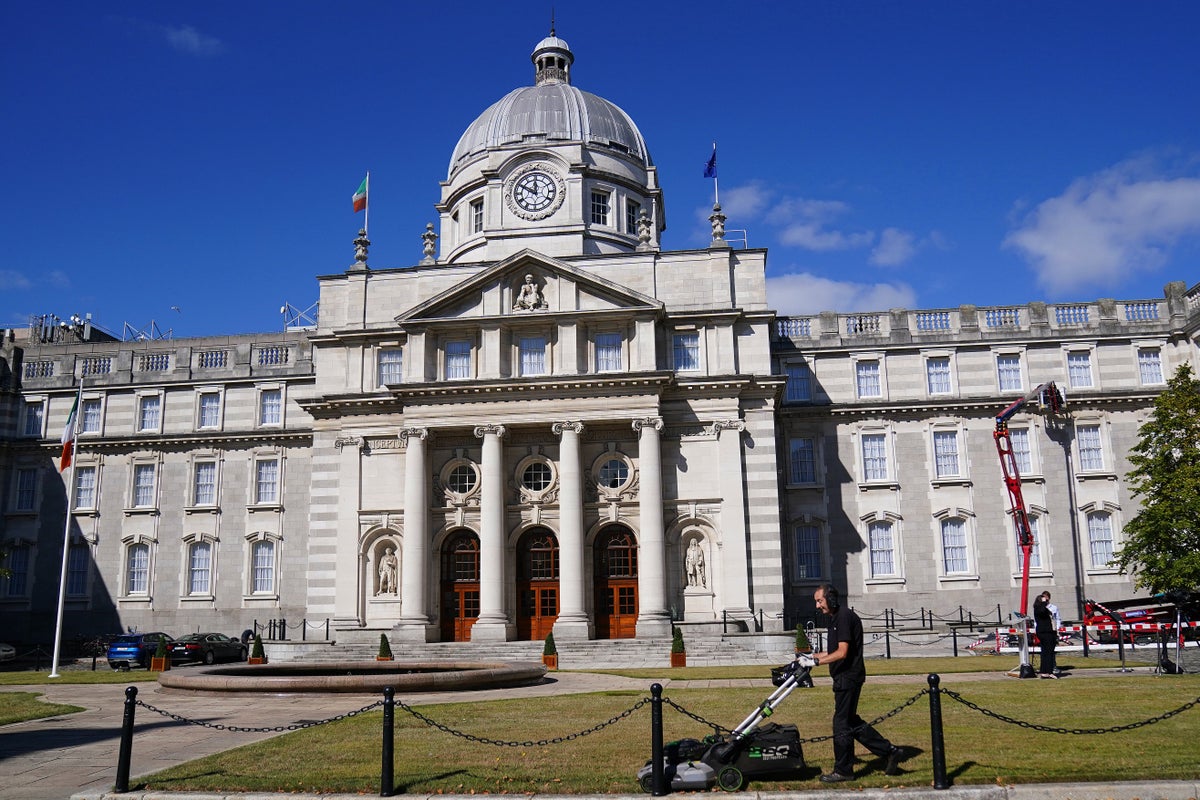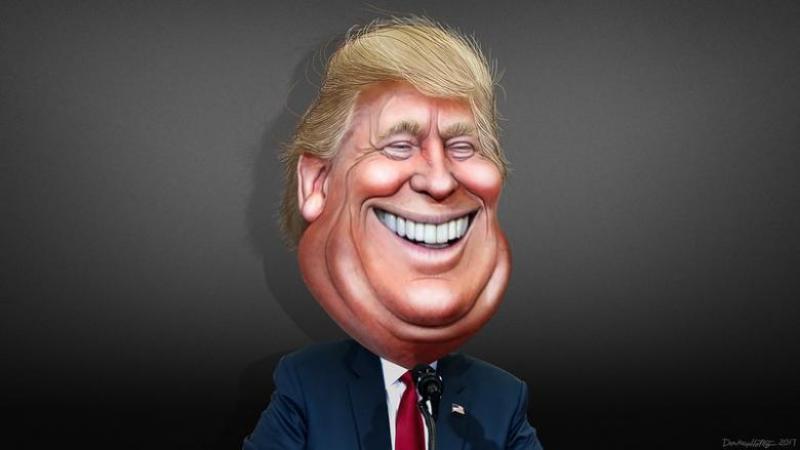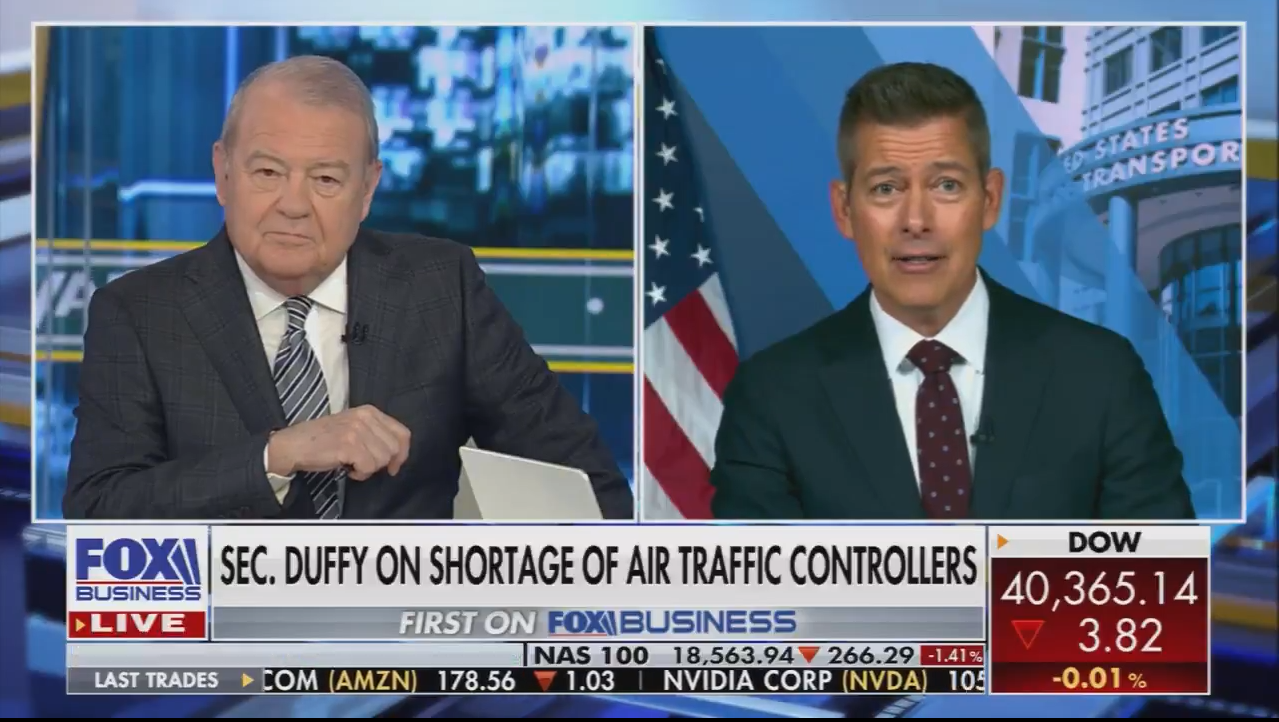America is witnessing an unprecedented series of attacks on higher education that commenced well before Donald Trump was re-elected, amid the contentious protests that followed Hamas’ attacks on Israel and Israel’s ruthless (and ongoing) retaliation on Gaza and its inhabitants.
But Trump, as president, has taken matters much further. Claiming antisemitism, his administration is revoking student visas and arresting students who have engaged in nonviolent protests or expressed opinions on social media or in innocuous op-eds. The government’s pauses, reviews, and cancellations of grants and contracts at top universities—including new funding freezes totaling $1 billion for Cornell and $790 million for Northwestern—are creating havoc. And its attempt to cap federal funding for the indirect costs of medical research, though tied up in court, could prove devastating to research universities, some of which have already fired staff, imposed hiring freezes, and slashed or postponed graduate programs in response. Now Republicans are considering a tenfold tax increase on endowment investment income for certain universities to help pay for up to $4.5 trillion in tax cuts.
All told, these actions amount to the most profound crisis US colleges and universities have ever faced, with likely ripple effects on regional economies and employment, public health, and medicine. Indeed, they have thrown the future of America’s leadership in science and innovation into question.
Yet, instead of speaking out forcefully and cracking open their endowments to cover any shortfalls, most top schools have hunkered down, and even, in Columbia’s case, cut a deal with the administration. Only a few university presidents, including Princeton’s Chris Eisgruber and Wesleyan’s Michael Roth, have had the courage to stick their necks out.
To better understand why, I reached out to Charlie Eaton, a sociologist at the University of California, Merced, who studies the “financialization” of higher ed, and who argued, in a recent New York Times op-ed, that elite institutions can absolutely afford to fight—and should.
Trying to walk too fine a tightrope between the schools’ needs and the interests of wealthy donors, after all, is a high-risk endeavor. In Eaton’s view, “pretending that these attacks aren’t political and not making a political strategy to push back is a fatal error.”
This interview has been edited for length and clarity.
Few college presidents have spoken out publicly about these attacks. It’s baffling to me that our top colleges—and law firms, for that matter—aren’t fighting en masse to protect the interests of their students and faculty. What do you make of the reluctance?
By their nature elite universities are conservative—as in cautious—institutions, and I don’t think that equips them well to deal with a full frontal assault like this. Also, elite universities are tied to other elites, especially from the world of finance, who themselves are somewhere between the lines with Trump, and have some sympathy for the Trumpist attacks on diversity and inclusion as university values. So that’s part of what we’ve seen that’s frozen these institutions in their tracks—why they are reacting like deer in the headlights.
Right. Former Harvard president Lawrence Summers just had an op-ed in the New York Times in which he decries colleges’ emphasis on identity politics as opposed to academic excellence, in hiring and so forth.
I think that’s the same Summers op-ed where he says [to Harvard]: Don’t be intimidated, spend the endowment—which is pretty different than what we’ve seen from Columbia and a lot of the other elite schools. Summers has played a different role for a long time than your conventional university president. He was the secretary of the Treasury. He’s highly political and has been engaged in politics, and this is a political struggle. Universities like to pretend to not be political—and there are plenty of ways they shouldn’t be, in order to foster free speech and open debate. But pretending that these attacks aren’t political and not making a political strategy to push back is a fatal error.
Wasn’t it this sort of waffling that got them into trouble in the first place amid the Gaza protests? Everybody wanted administrators to issue statements, and they didn’t really know what to do. They’d already spoken up on other things, in support of Ukraine or whatever. And now it looks like they’re stuck back in this mode of indecision.
Yeah. You know, the primary job of an elite university president is to raise money from donors, and if you’re spending a lot of your day talking to your wealthiest alumni—who may have donated to Trump or may feel sympathetic with Trump’s critiques of diversity at the university—it’s hard for folks who spend their day in those social circles to imagine pushing back.
That gets at my next question. Your research examines the relationships between what you call “financialization” and inequalities in higher education. Can you explain how your work applies to the current situation?
Yeah. So, my book, Bankers in the Ivory Tower, shows a radical increase in the proportion of elite university board members coming from finance, particularly private equity and hedge funds. If you go back to the ’80s, private equity and hedge funds didn’t really exist. Investment bankers were prominent on university boards but it’s nothing like today. And these are folks who have some official reach in university policy, and who are the primary fund-raisers—a main job of board members is both to donate a lot and to raise money from other donors.
We saw the activation of these ties around the Gaza war protests, with a subset of wealthy donors saying they wanted to suspend donations to the university until protests were suppressed. It’s not hard to imagine that board elites from Wall Street who were always uncomfortable with elite universities embracing diversity and inclusion see an opportunity to push back, and Trump has opened the space for it to be okay to oppose this.
And of course, their complaints often involved perceived antisemitism at Harvard and so forth, with rich alums like Bill Ackman chiming in. It does seem, in any case, that college presidents are under extraordinary pressure to align themselves with the interests of trustees and top donors.
You often don’t quite see how a system works and the preferences of different actors, their roles in the system, until the system is threatened by disruption. I don’t think anybody was terribly attuned to the dispositions of the financiers on university boards 5 or 10 years ago because, outside of a crisis, donors weren’t engaging to pressure the university to be one thing or another. Since the Gaza war and allegations of antisemitism, and now even more so with the Trump attacks, the preferences and dispositions of these donors may become more visible.
A lot of them must be aghast to see colleges they care about taking such a hit.
Yeah. A proactive, offensive university strategy would be to say no to Trump, to try to weather the storm by tapping the endowment and by turning to alumni of all wealth levels, to say, “Help defend your alma mater. Now is the time that we need you.”
You wrote that top colleges can afford a fight. I think we have 16 schools now with endowments over $10 billion, yet many are cutting deals, and in some cases graduate programs. Why would any private foundation, let alone an educational one, hoard money in the face of such a crisis?
I have to give Larry Summers credit for saying endowments are not to be admired; they are there to be spent in a crisis. And I acknowledge President Obama for saying the same. But universities have become attached to steadily growing their endowment as a status object. And that course of action is at this moment potentially fatal for the university as we know it.
We think of endowments as one giant pot of money, but really they consist of thousands of individual gifts, most earmarked for specific purposes.
To an extent. Even the Columbia endowment, which is smaller than Harvard and Princeton and Yale—it’s $15 billion. By my recollection, several billion is entirely unrestricted. The University of California, which has a smaller endowment, especially relative to its size, has billions in unrestricted funds. You know, another implication here is that universities should be seeking to raise more unrestricted endowment funds. But as Summers says, as a former Harvard president: Believe me when I say you can spend the endowment, even restricted funds in it.
I don’t quite know how that works. I assumed these are legal contracts.
No, it’s true. The law that governs this allows for, in a crisis, you can act in extraordinary ways. Now universities should not undertake this haphazardly. One of the things that endowments are dedicated to is financial aid for low-income students. Most of the very elite colleges have become debt free. So, I’m not saying they should dig into that funding to protect other things. The point is, endowments are huge resources. They have been used to weather past crises, including the 2008 financial crisis and the early months of Covid. And they must be again to defend the university.
The University of California, at the beginning of Covid, liquidated $1.8 billion of its Blue and Gold endowment—an additional 8 percent. That’s more than doubling the (normal) expenditure, which is less than Columbia would have to do to weather the $400 million in cuts. There are a lot of different financial mechanics a university can use to tap its endowment.
Do you think elite universities, either financially or in terms of hewing to liberal orthodoxies, have gone too far in ways that make them susceptible to these right-wing attacks?
The culture side is not my area of expertise. But one thing I can say is that you really can’t divide the financial practices and the exclusiveness of elite universities from their culture. If you go back to the 1970s, Princeton had a pretty big endowment, but it only spent about $10,000 per student from the endowment each year, after adjusting for inflation. Today, Princeton spends $180,000 per student on operations because the endowment has grown so much, and the public is right when they see the Ivy League as more inaccessible than ever. Princeton has only increased its enrollment by a fraction, even as it’s gotten wealthier by more than tenfold. Our problem is that, in the public imagination and political discourse, college is [schools like Princeton and] Harvard, even though in reality, college in the US is—
Penn State?
Right, or Michigan State—a regional public university or commuter college. Seventy percent of bachelor’s degrees are awarded by public universities, but the persistent exclusiveness of the Ivy League has put a target on the back of all universities, because all universities are imagined to be like them. So [the problem is] actually not too much diversity and inclusiveness; it’s the disingenuousness of discourses of diversity and inclusion at elite schools while they enroll only a tiny fraction of students, overwhelmingly from the very wealthy. If you need a citation, look at the Harvard economist Raj Chetty.
Another thing is, universities are mostly thought of as colleges, but they also do research that leads to technological innovation and lifesaving medicines. They run hospitals. But those things are still done in a culture of elite superiority, rather than conceived of as immensely valuable services in the public interest.
And related to their failure to expand in the face of rising demand, their wealth has exploded on the public’s dime, given all the tax-free growth of their endowments. Which brings us to the proposed tax increase...
One other stat I’ll throw at you is that, up until recent years—and it may still be the case—UC Berkeley, not the most equitable and accessible of public universities, enrolled more low-income Pell Grant recipients than the entire Ivy League combined! That’s because Berkeley grew its enrollment a lot over the last 50 years to make space for more students, including students from lower and middle-class backgrounds.
And that doesn’t mean worse students. Just kids who grew up with less.
Yeah, the thought experiment of: What if Princeton enrolled twice as many students and only spent $90,000 a year per student from the endowment? I think it would still be an extraordinary university.
Okay, so Republicans want to raise the tax on endowment investment income from 1.4 percent to 14 percent or more for colleges with high endowment to student ratios. I’ve been critical of the way private foundations hoard public wealth, and so maybe they should be taxed more. But how do you think such a tax will affect the educational missions of elite institutions?
I mean, it’s a sham! These institutions will figure out ways around it no matter what Trump does. I favor taxes on the wealthiest endowments if they fail to use their resources to provide a sufficient public good, either by enrolling more students or by doing other important things in the public interest. But this is about punishing schools for perceived inclusiveness.
Democrats and elite universities have left themselves vulnerable to these tax proposals, which will be used opportunistically to fund tax cuts for billionaires. We leave the door open by not developing a progressive policy that incentivizes endowments to be used in the public interest. But that is not what this proposal is—nor what it will ever be.
If you really cared about public good, you’d impose the tax on all private foundations, not just elite universities.
Yeah. And it’s telling what they actually use the revenue for. The 2017 endowment tax [the current 1.4 percent income tax was imposed by the Tax Cuts and Jobs Act] was to help offset the Trump tax cut for wealthy people. That is what this will be, but it’s also to punish these institutions.
As I think I said in my op-ed, universities are some of the first institutions that autocrats attack, and that’s because they provide space for free debate and free speech that can challenge and criticize the autocrat. So it’s not a coincidence that Trump is going after universities, perhaps more aggressively than any other institution in American society.















